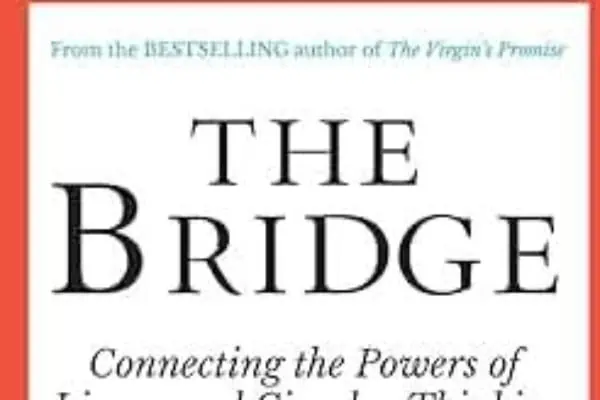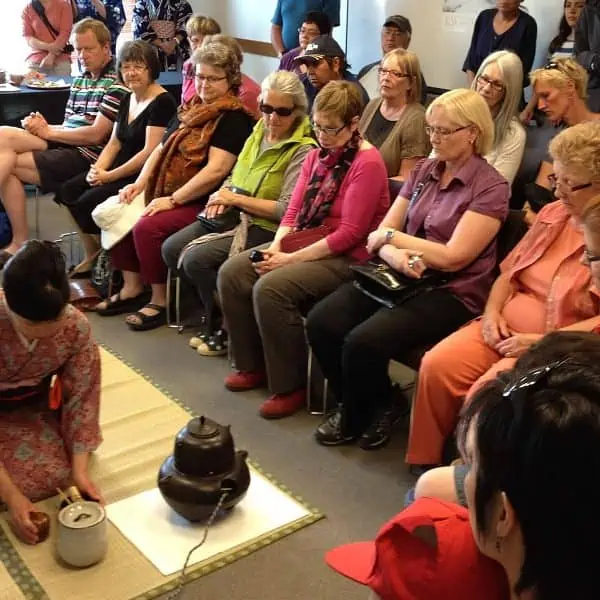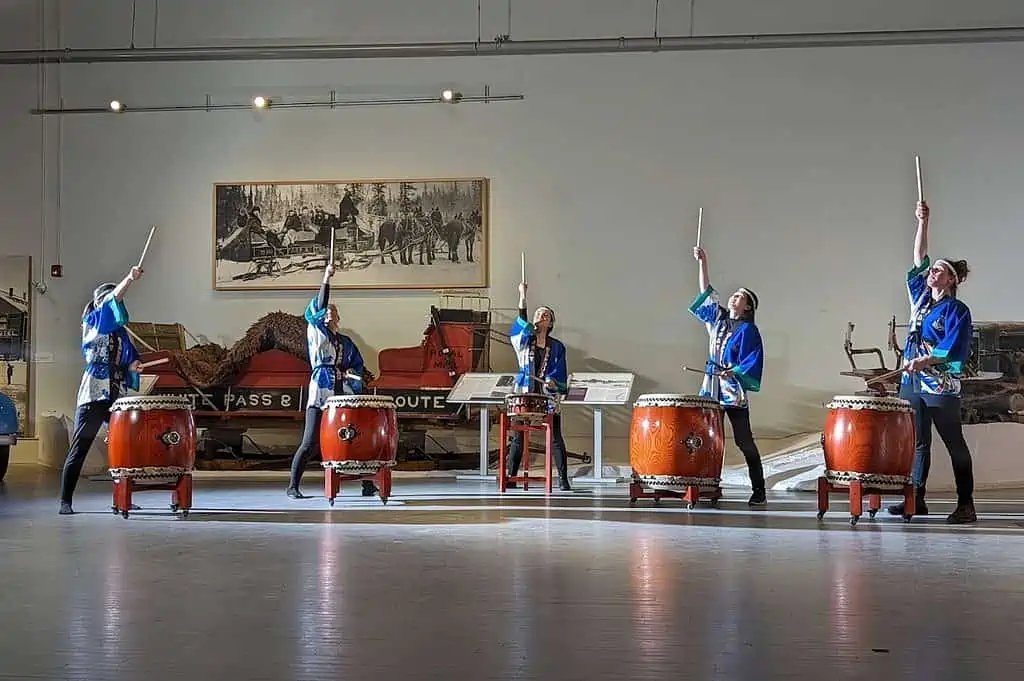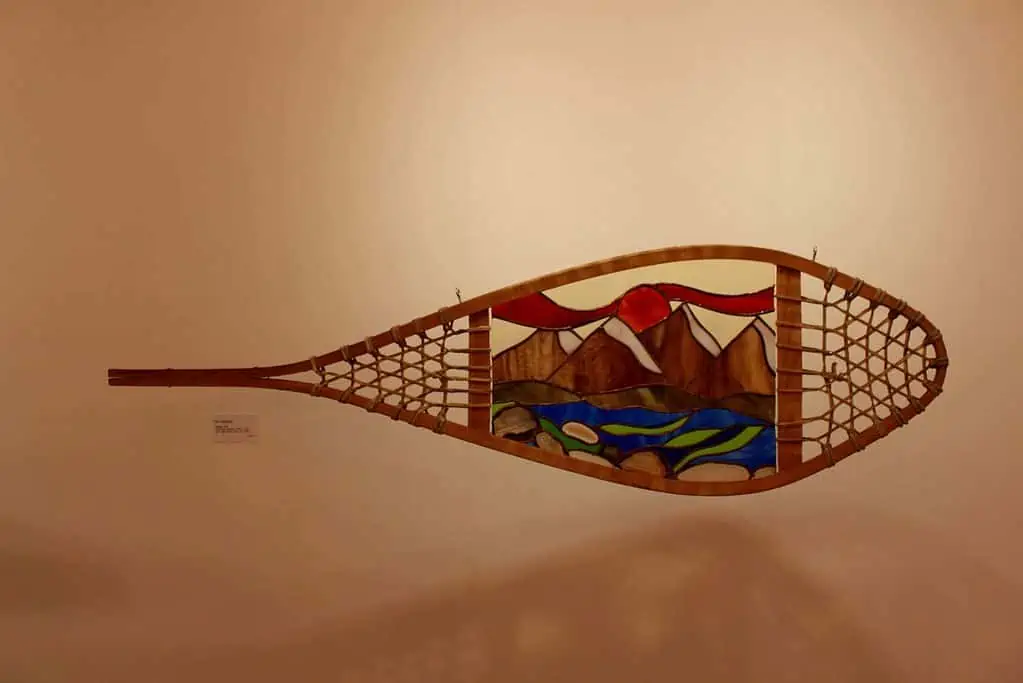“When your Japanese lifetime is coming out, drink all the sake you want. Have a little bash.”
This quote was made famous by spiritual teacher, Frederick Lenz. If you happen to be in Whitehorse on Feb. 28, you can follow his advice at Sake Fest. The first inaugural Sake Fest is being hosted at the Kwanlin Dün Cultural Centre by the Japanese Canadian Association of the Yukon (JCAY). Members of JCAY have worked to put the event together with the help of funding from the Yukon Government’s New Canadians Event Fund.
“This event will be a great opportunity for people to learn about sake and to be able to compare them,” said Fumi Torigai, a member of JCAY. “Sake is a huge part of Japanese culture.We are happy to host this event to contribute to the diversity of cultures in Whitehorse.”
Eight types of sake will be available for sampling, along with small food pairings. Some of the sake featured is made in (almost) locally, in British Columbia, while others are made in Japan. A sake sommelier from Calgary will be on site to educate festival-goers about the different types of sake.
Sake Fest isn’t just about the sake though. Special Japanese entertainment includes a dancer performing a selection of beautiful, classical Japanese dances. There will also be a taiko drum performance, which is not to be missed. The large drums deliver quite the bang, paired with a theatrical performance.
Tickets for the 19+ event are $48. This includes entry, three one-ounce sake samples and catered finger food. If you like what you taste, additional sample punch cards can be purchased. Each $10 card is good for three samples.
And just so you know, when you’re asking for that fourth sample, the correct pronunciation of sake is, sake-eh, not sake-ee. Additional fun facts are below:
- Sake can be served hot, chilled, or at room temperature.
- There are 11 types of Sake.
- Sake is usually served in a ceramic vase called a tokkuri. It is poured into small cups called choko.
- Sake is made from rice that has been brewed and fermented. During the fermentation process the starch converts to alcohol. Most types of sake will contain 14 to 16 per cent alcohol content. Genshu is a sake that contains an alcohol content of 18 to 20 per cent because it is not diluted with water.
- In North America, we refer to Japanese rice wine as sake, but in Japan it is called nihonshu.
- Most importantly, kanpai is how you say cheers in Japanese.
Come out to enjoy the sake, or simply to enjoy a cultural event by buying your ticket at TicketStripe.com. The tasting takes place in the KDCC’s multi-purpose room. Doors open at 6 p.m., with the event running from 6:35 until 9:30 p.m.




